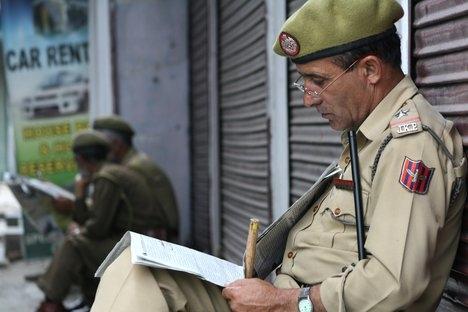Bihar Pulse Farmers Stage State-wide Band; Banks, Shops and Colleges Shut Down

Image Coutesy: Article wn
Miffed by years of neglect, thousands of farmers of Mokama Taal region of Bihar – who grow pulses – on Monday observed a state-wide Bandh. The protests paralysed the region as the trains were stopped, and shops, colleges and banking institutions remained closed. The Bandh was organised to pressurise the Centre and state governments for a hike in the Minimum Support Price (MSP) and immediate acquisition of pulses lying with farmers for two years.
Mokama Taal, with a sowing area of 1,06,200 hectares, is one of the largest pulse-producing regions in India. The region, including neighbouring areas of Bakhtiarpur, Barh, Phatuha, Mokama, Mod, Badahiya and Singhaul, is also called the 'Bowl of Pulses'. Taal, in colloquial terms, is referred to an area where water from swelling rivers stops for months and recedes in later months of the year. This makes the land rich with minerals and allows farmers to grow pulses and a slew of other crops in abundance. Around 70 percent of the farmers from the region harvest masoor every year.
While Prime Minister Narendra Modi came into power by promising fifty percent profit over the cost of crop, the condition of farmers who are growing pulses in Mokama has deteriorated in last two years. They allege that they are left with no options but to sell the crops at prices ranging from Rs 2,900 per quintal to Rs 3,200 per quintal to local traders. This, despite the fact that the government had announced a Minimum Support Price of Rs 4,250 per quintal for the current year.
They further alleged that the farmers who did not sell their produce for unfair prices last year, were compelled to sell it now in the absence of storage spaces. Talking to Newsclick, Chandan Kumar, a farmer of Mokama, said though that the average cost for sowing the crop remained at Rs 4,000 per hectare, the farmers got only Rs 3,000 per hectare.
"We do not have any government purchase centre in the region despite high level of production. The farmers, who are unable to take the produce to other centres in Bihar, are compelled to sell it to local traders at throwaway prices. Second, we demand our produce should be bought at existing MSP," said Kumar.
"The pressing conditions have made farmers realise that their children should not continue this work [agriculture]. If we need to get our daughters married, we have no option but to sell our land for money," added Kumar.
Echoing similar sentiments, Agriculture Expert Devinder Sharma said that the farmers have suffered profusely due to wrong policies of the government. "We have seen a decline of 25 percent to 40 per cent in payment to the farmers in comparison with MSP post-2014 drought."
The farmers also alleged that the Indian government's agreement with Mozambique for the supply of Pulses have also hit them. "Even if it [Central government] wanted to stabilise the prices of pulses, it could have acquired Pulses through farmers. But the problem remains intact. How will you acquire without purchase centres?" said Kumar.
Get the latest reports & analysis with people's perspective on Protests, movements & deep analytical videos, discussions of the current affairs in your Telegram app. Subscribe to NewsClick's Telegram channel & get Real-Time updates on stories, as they get published on our website.























